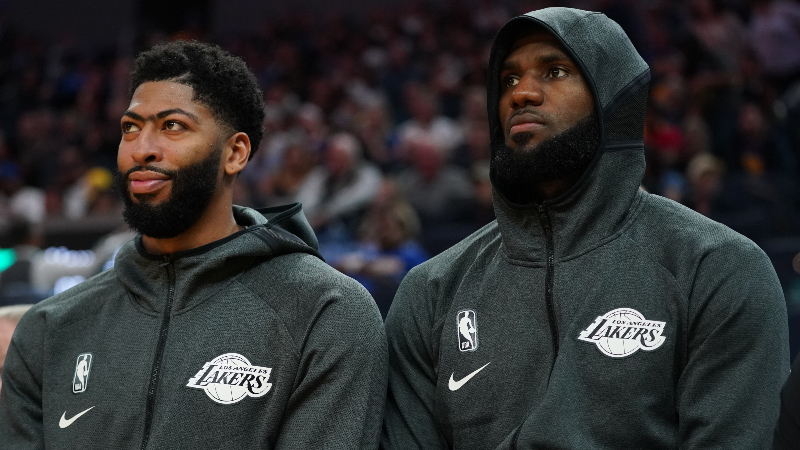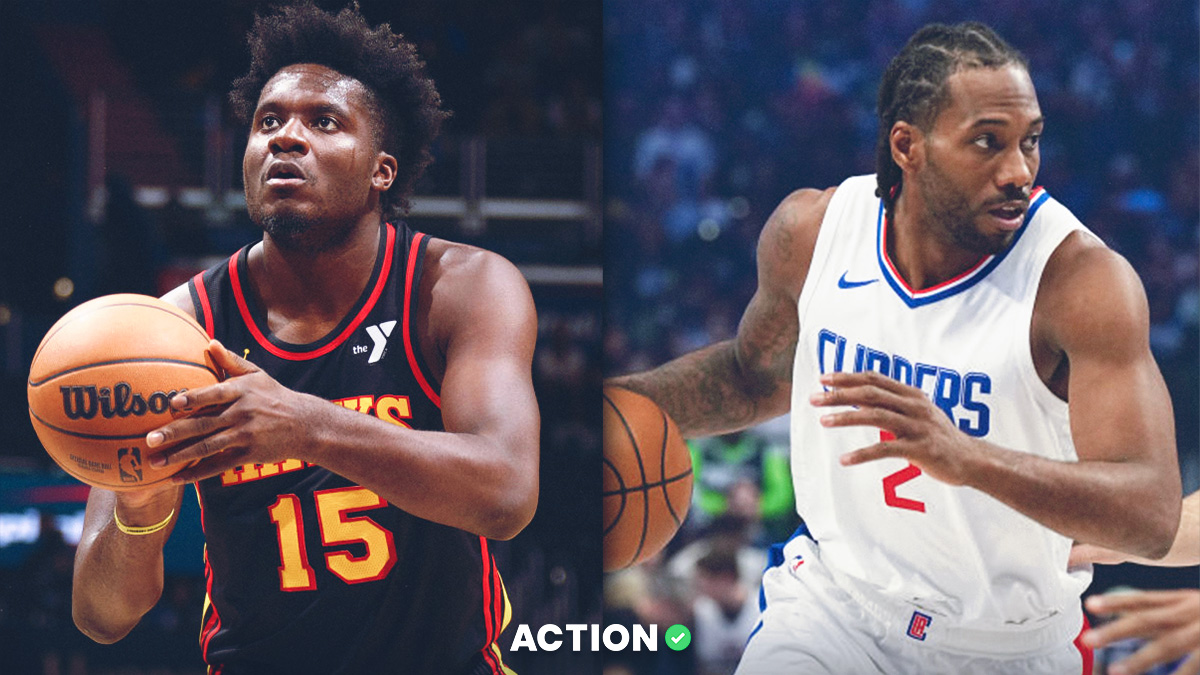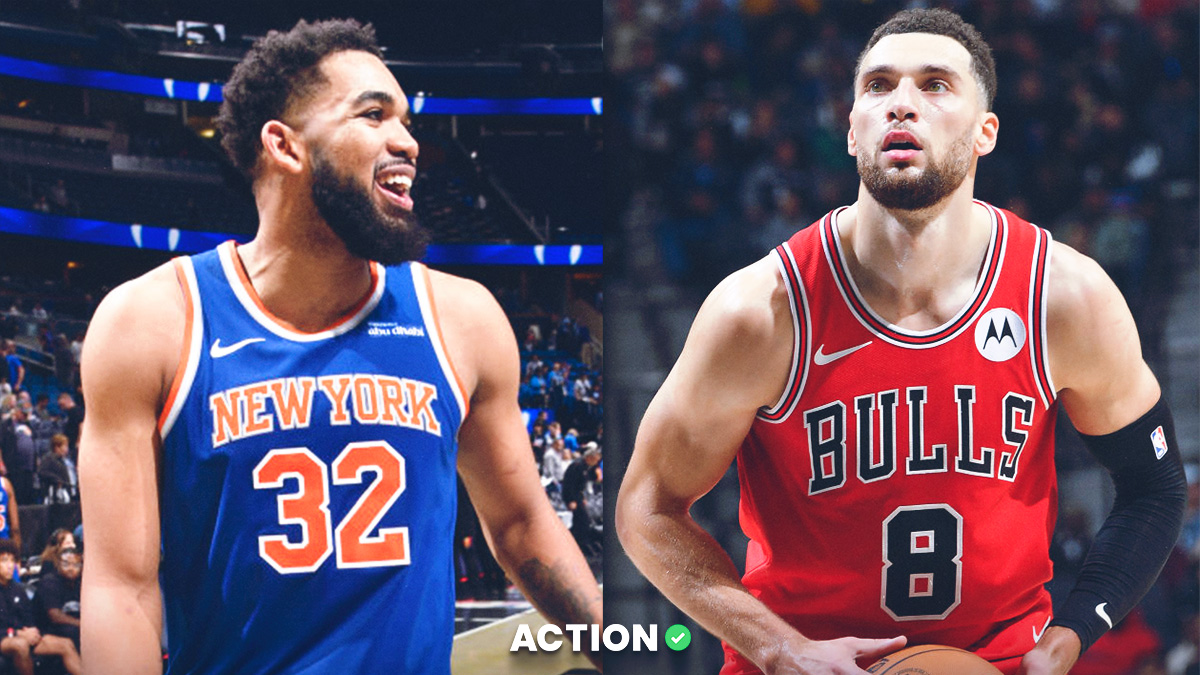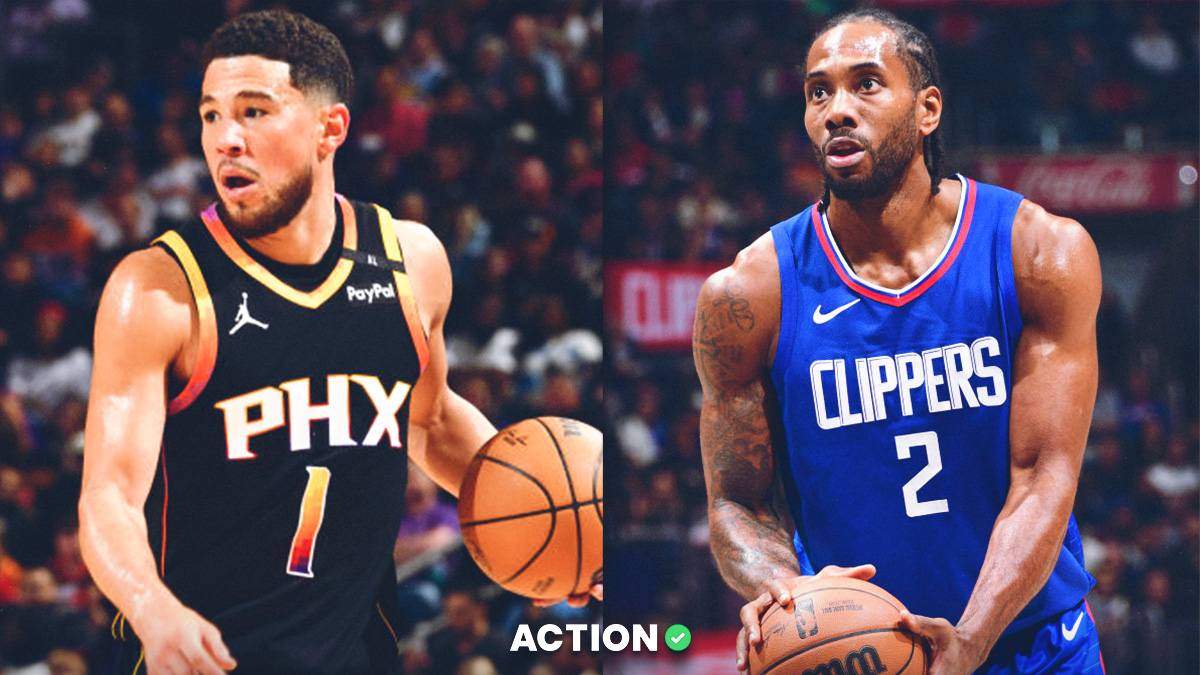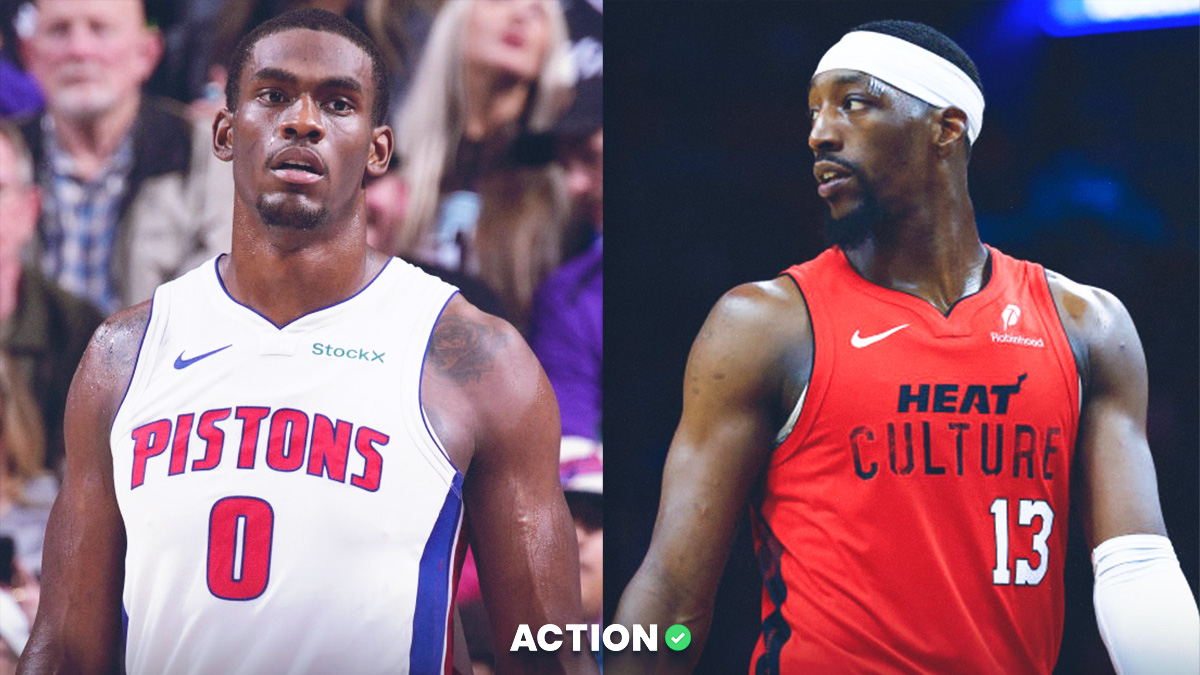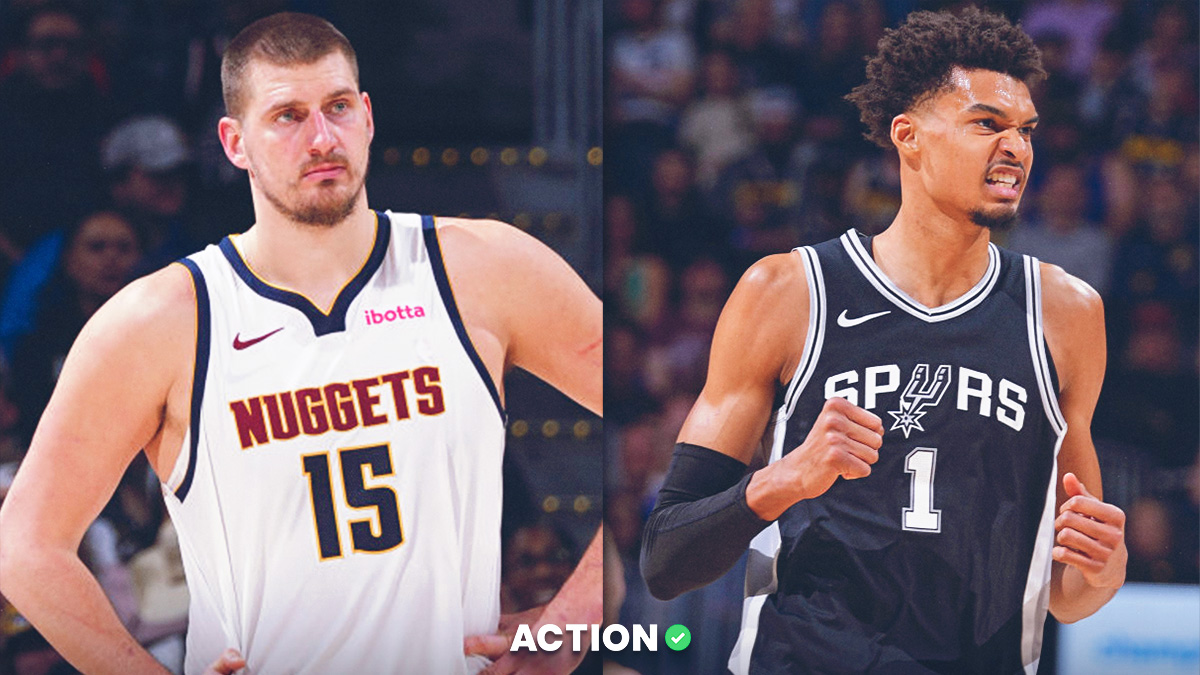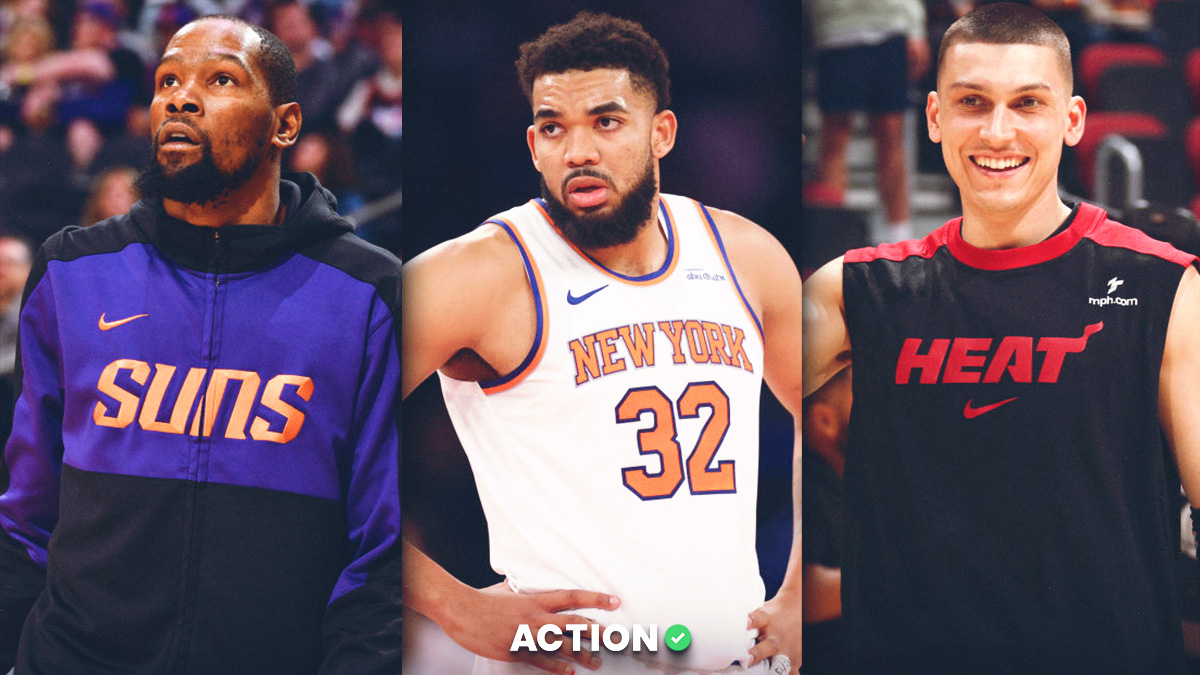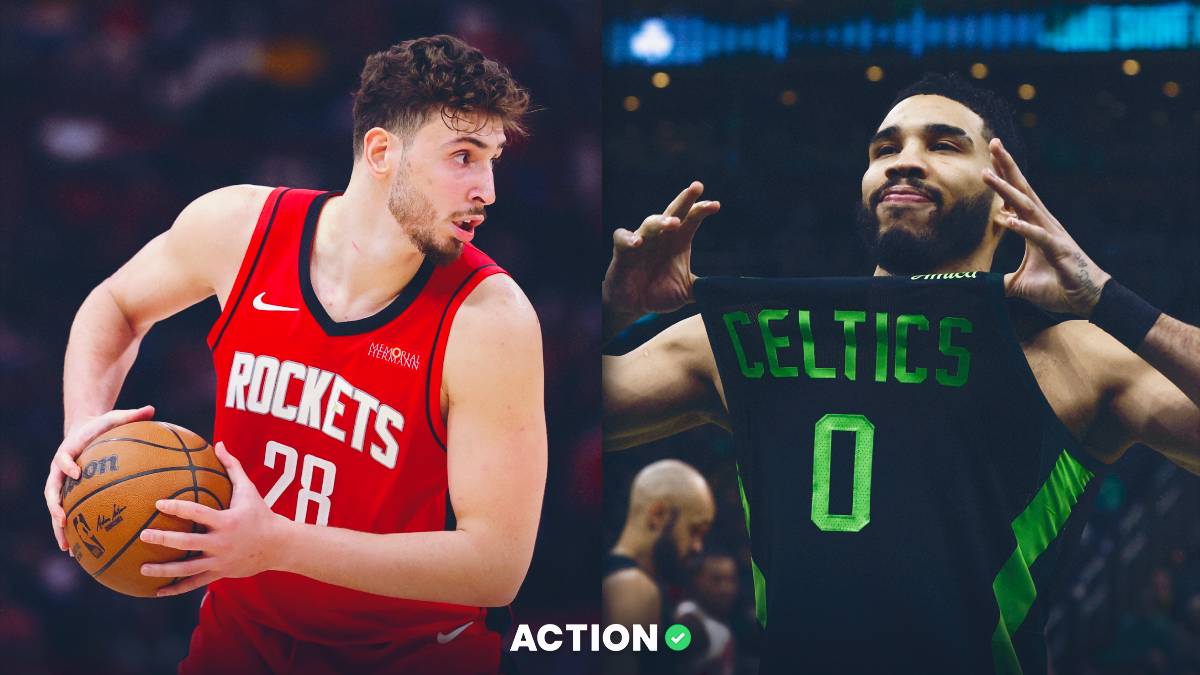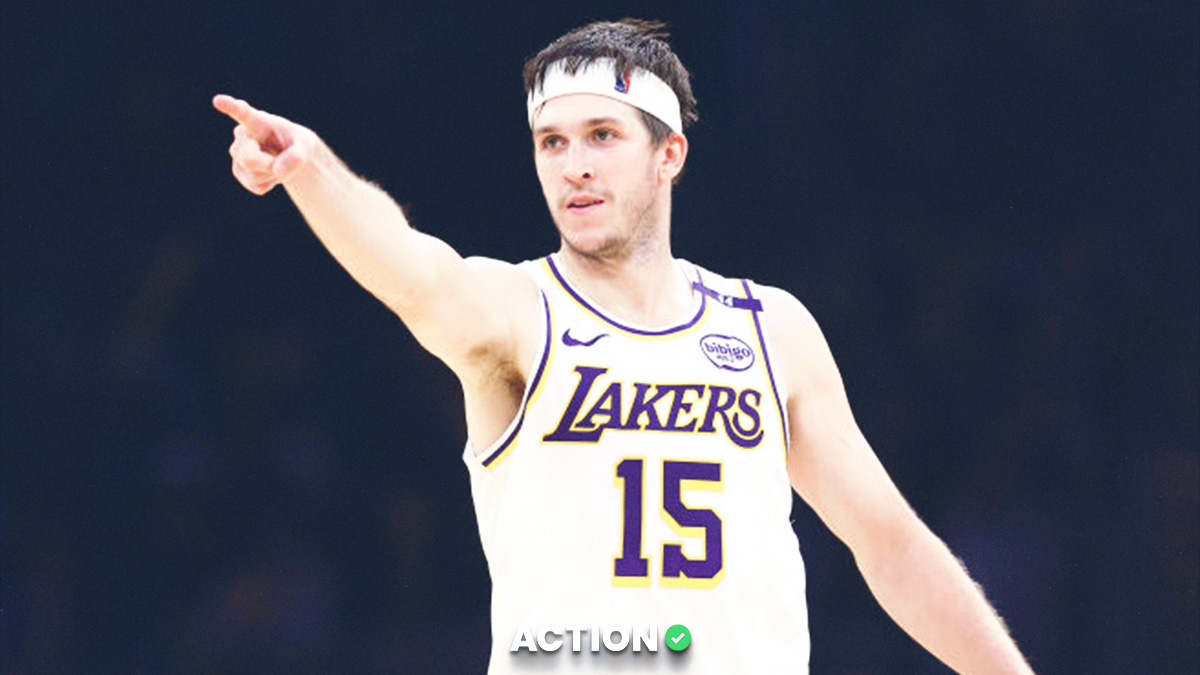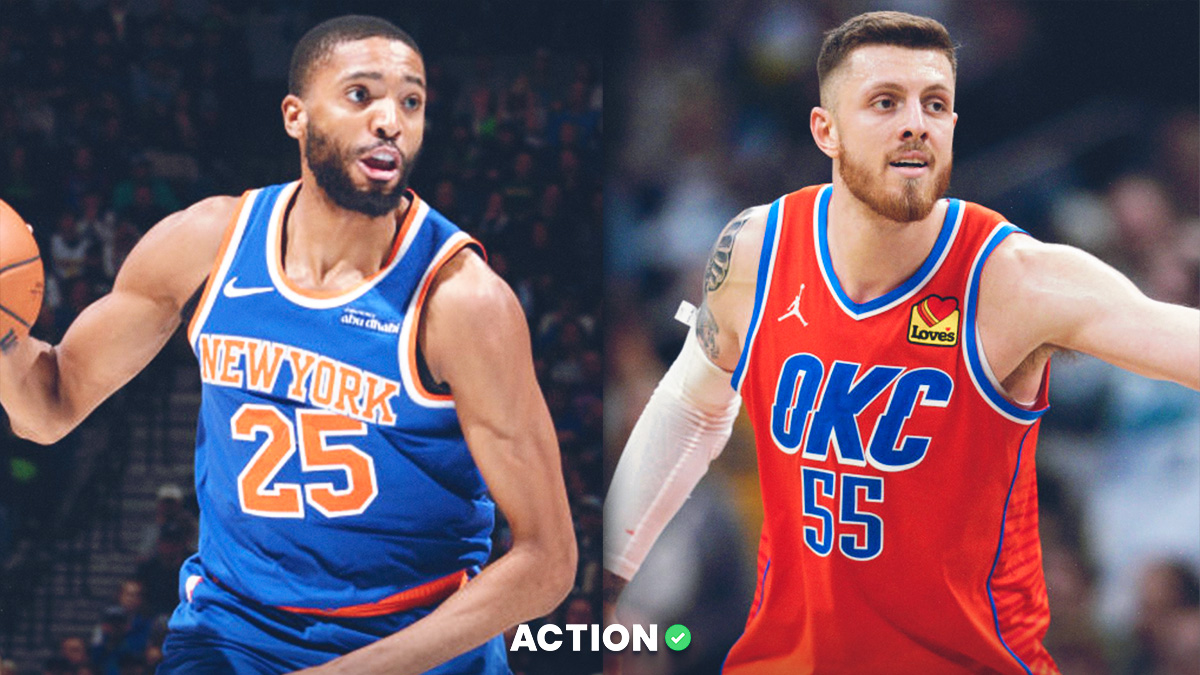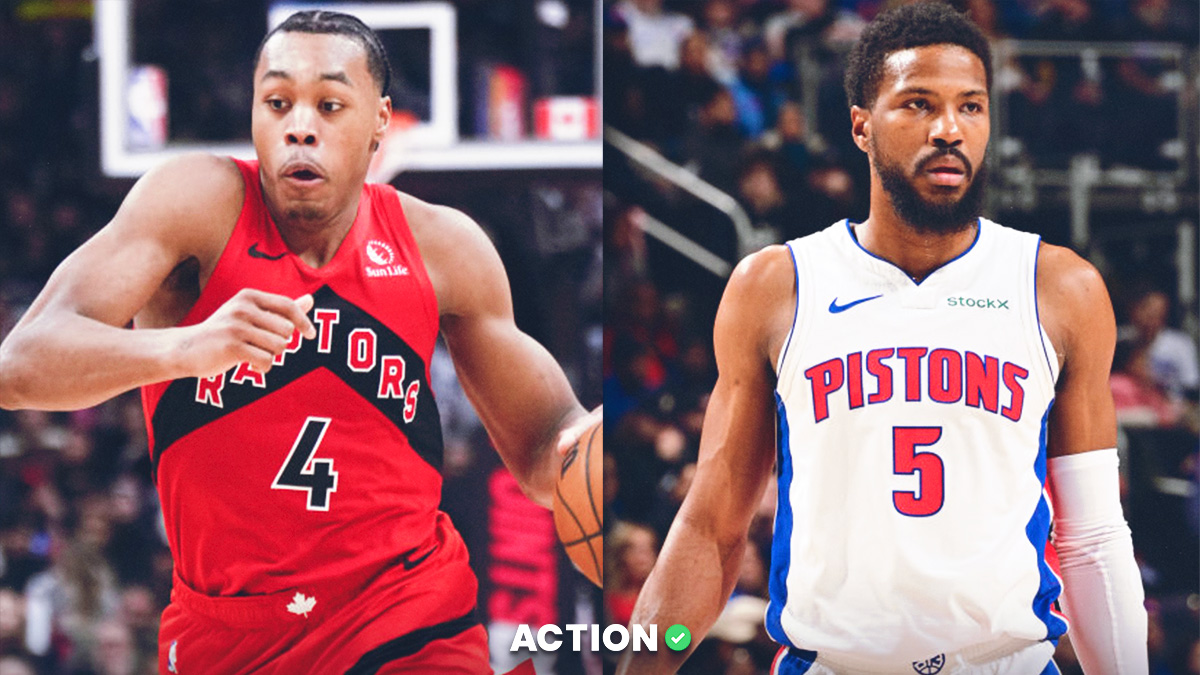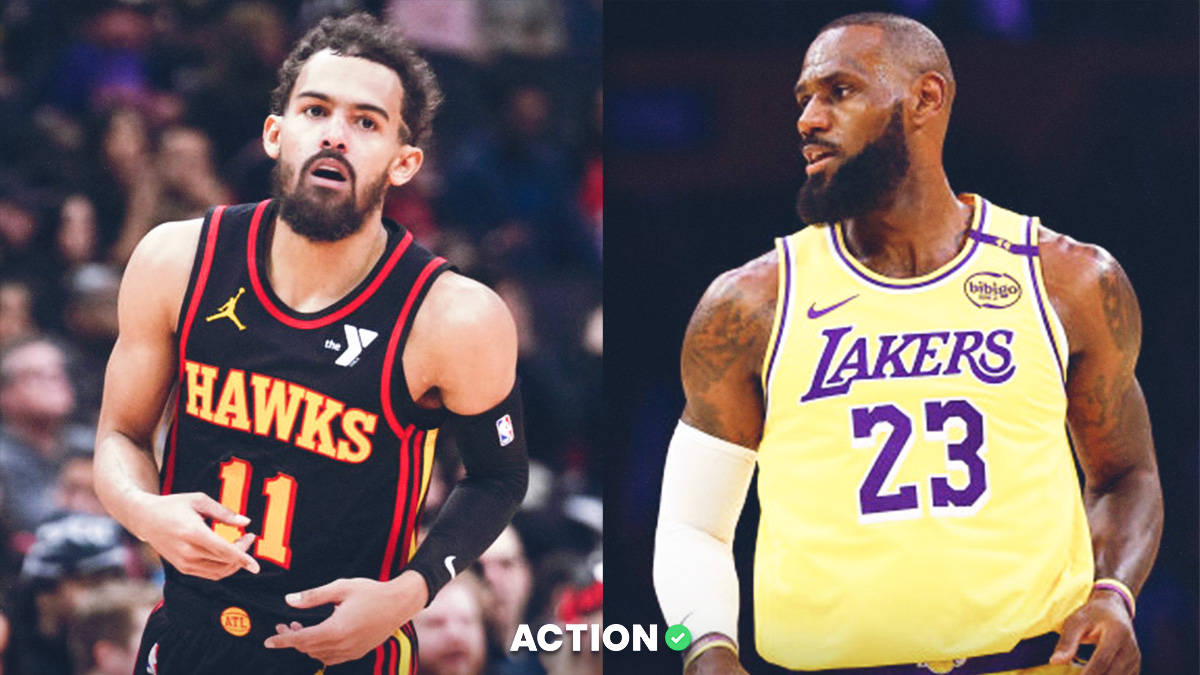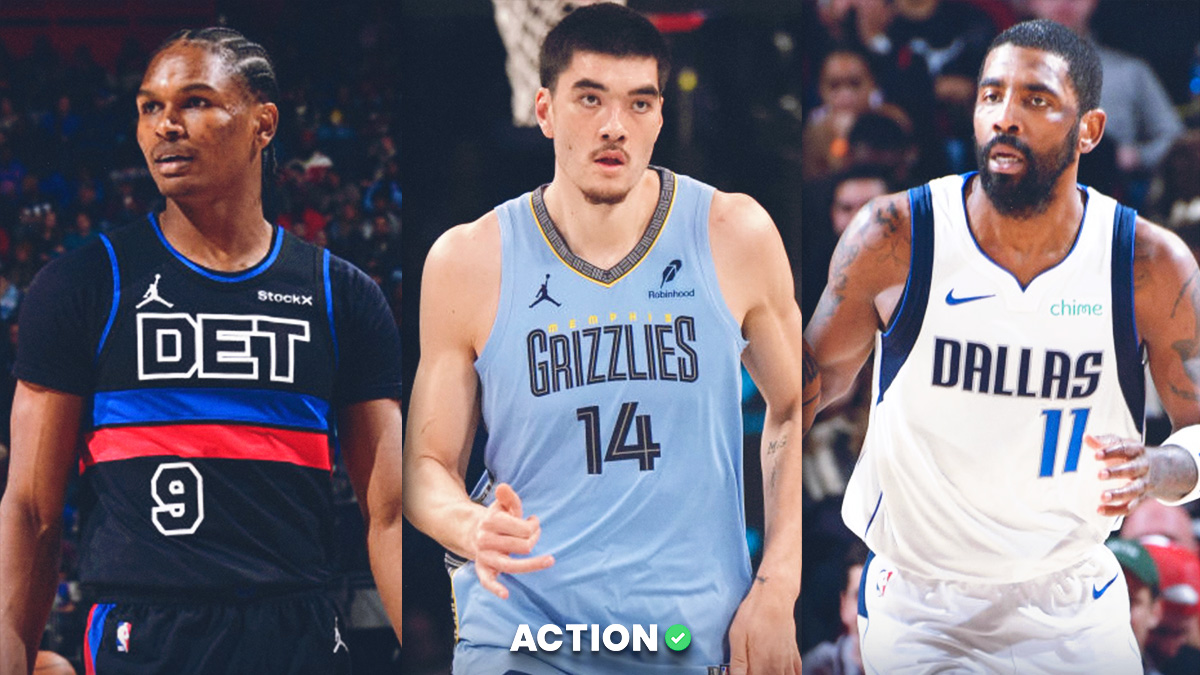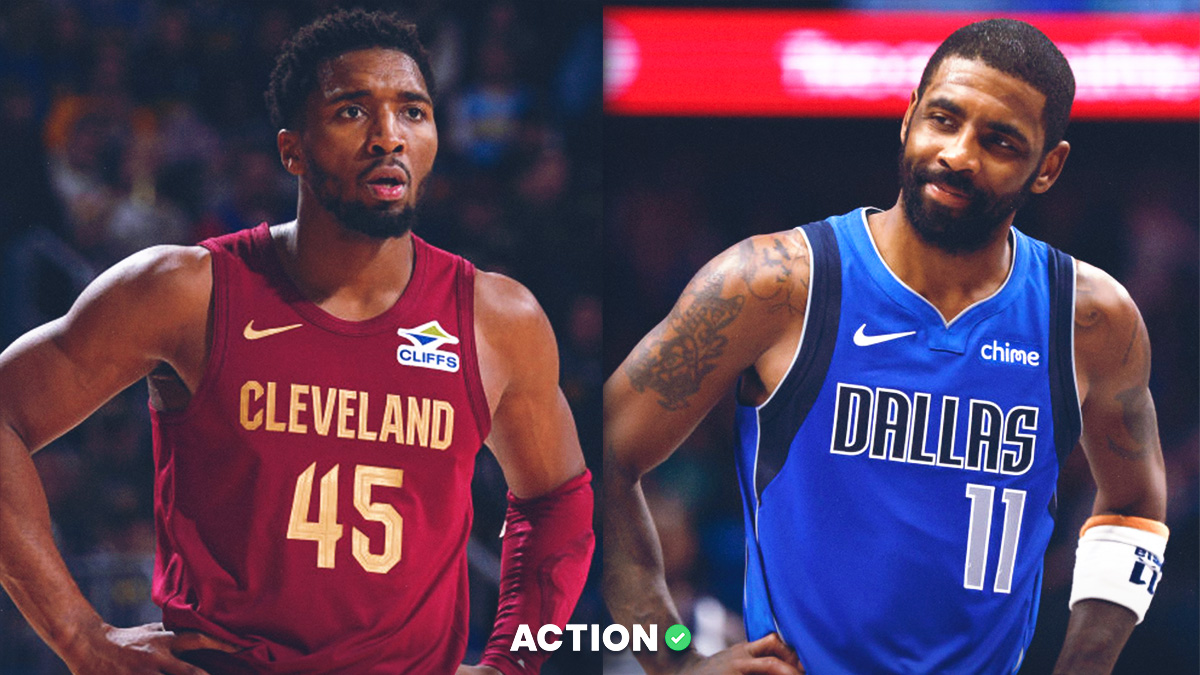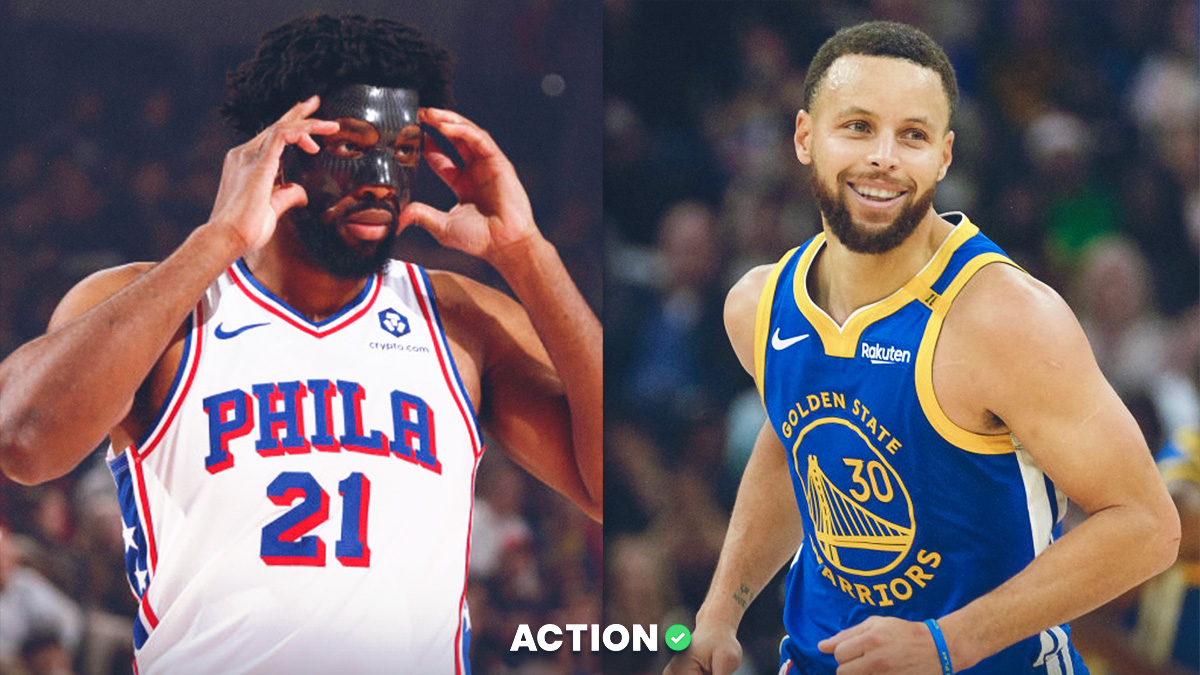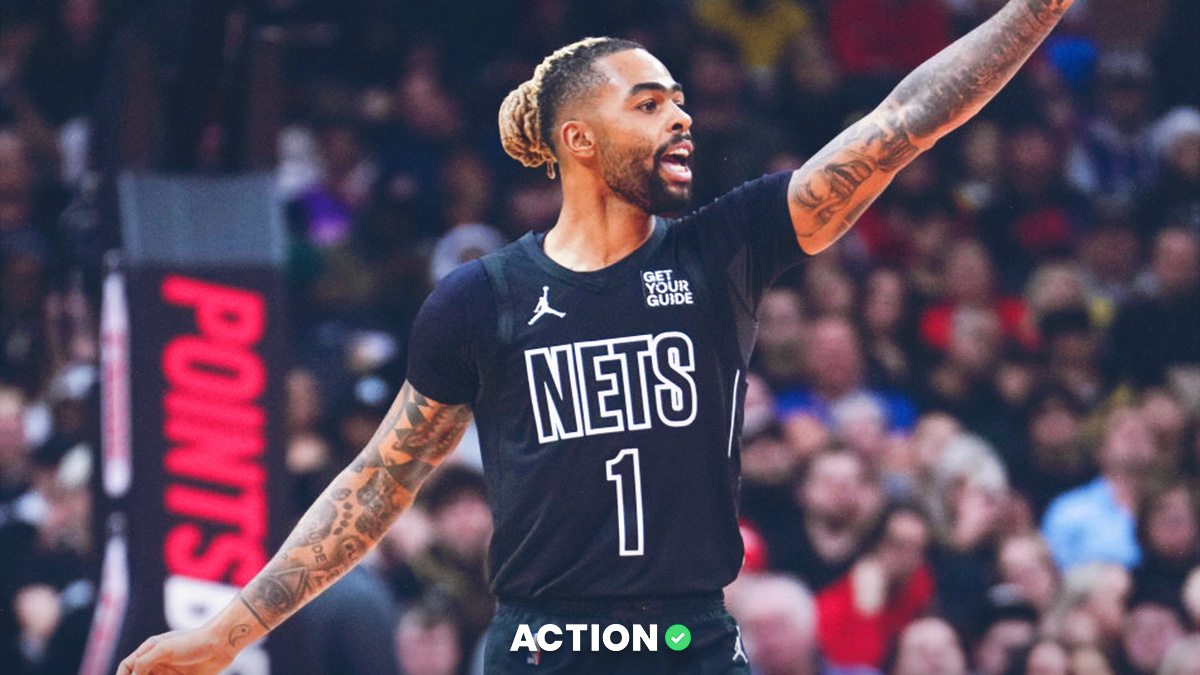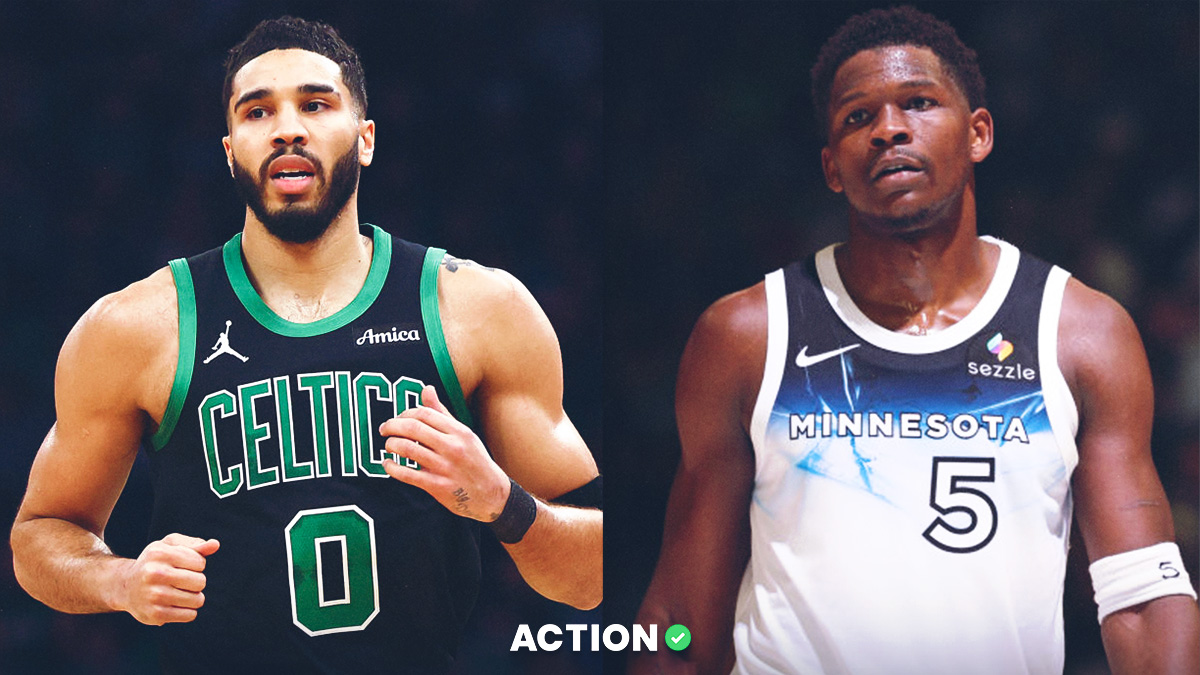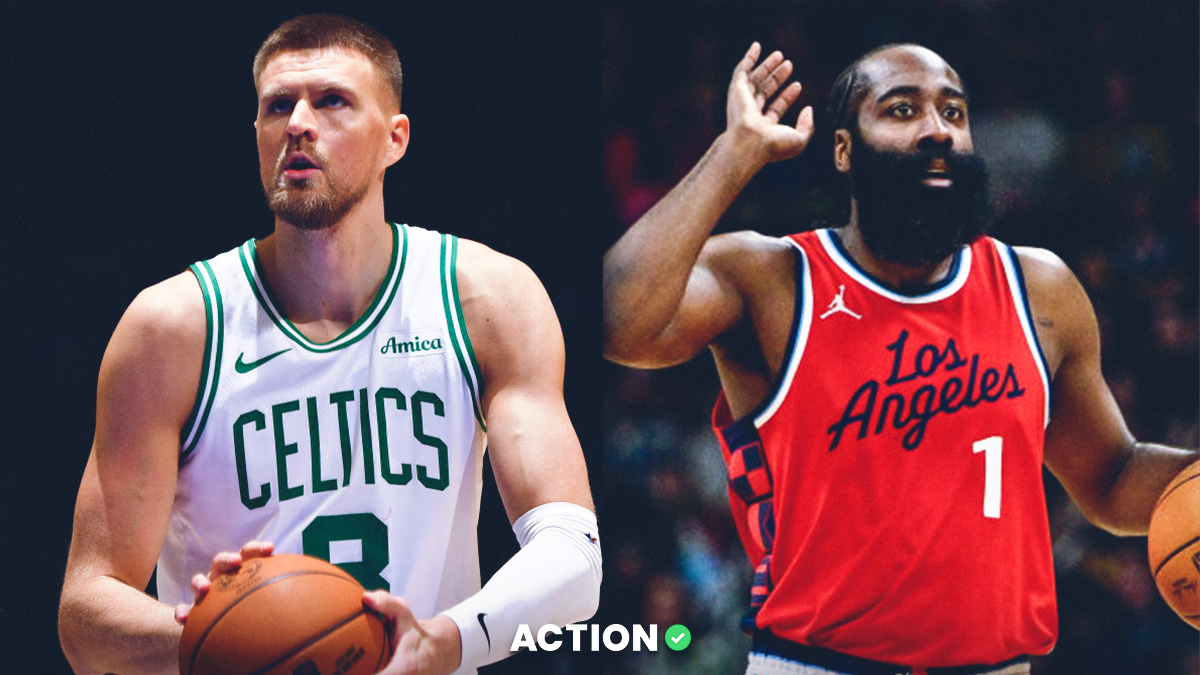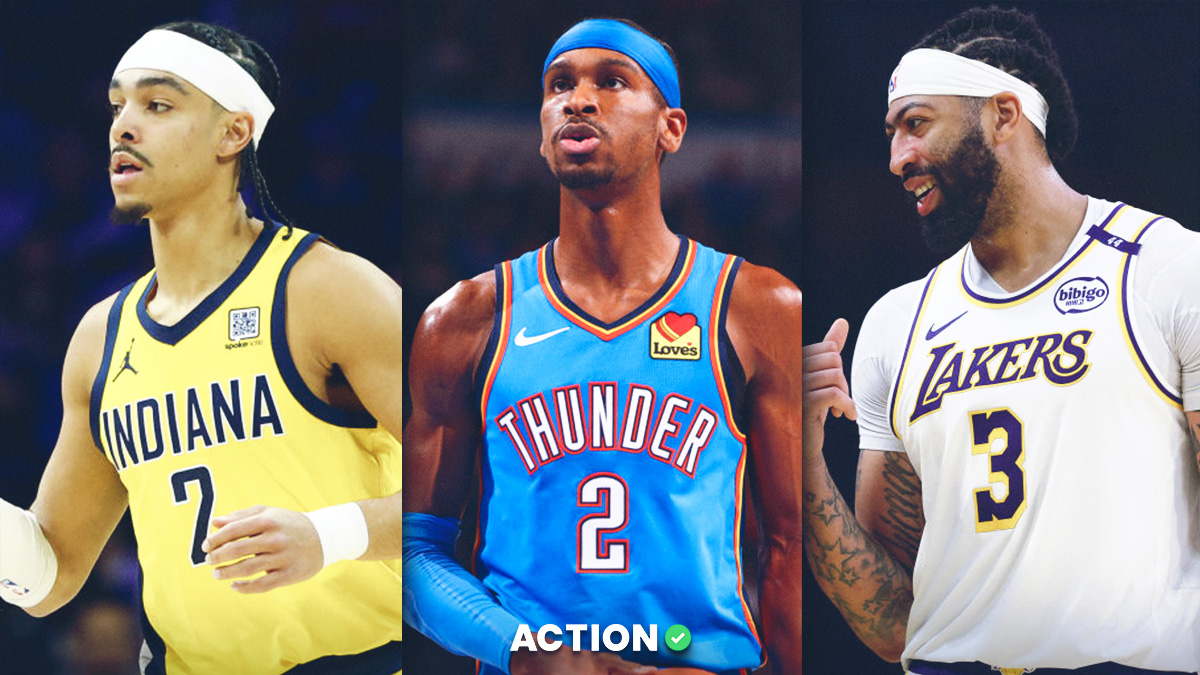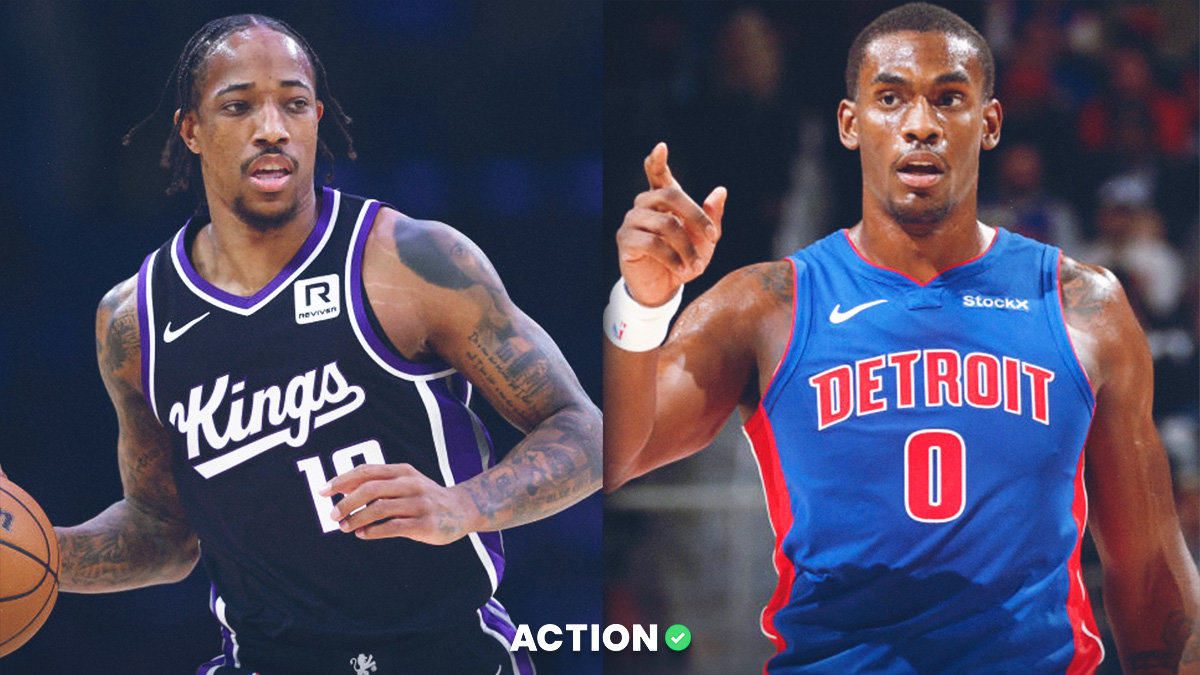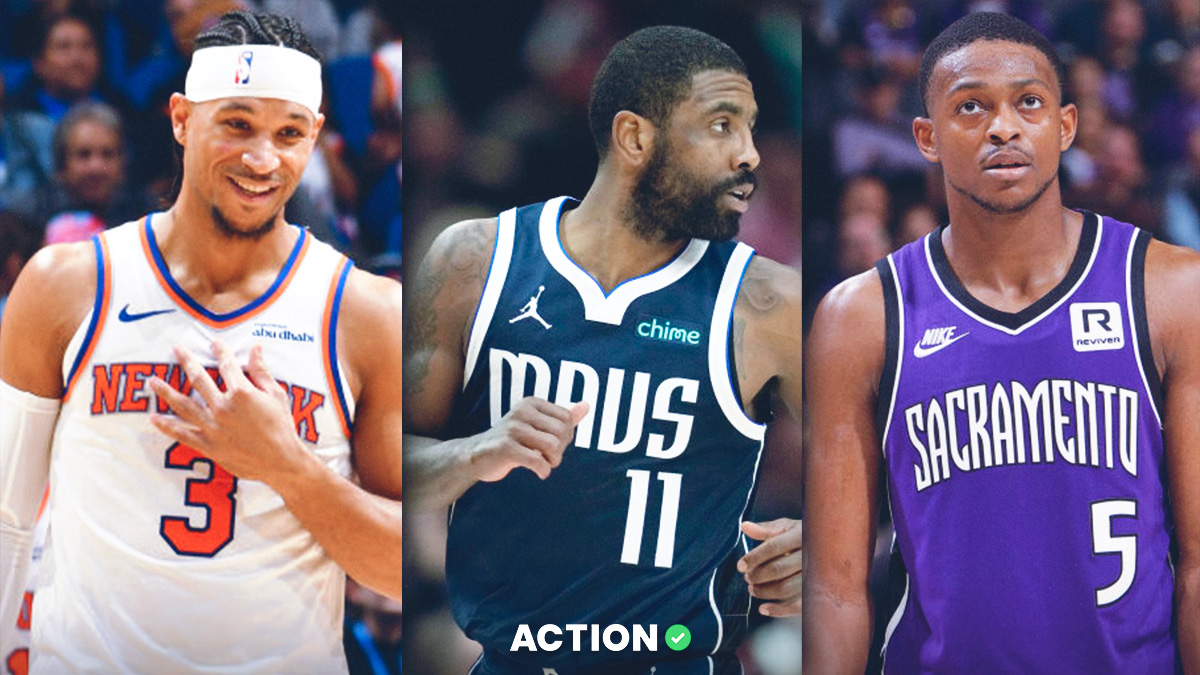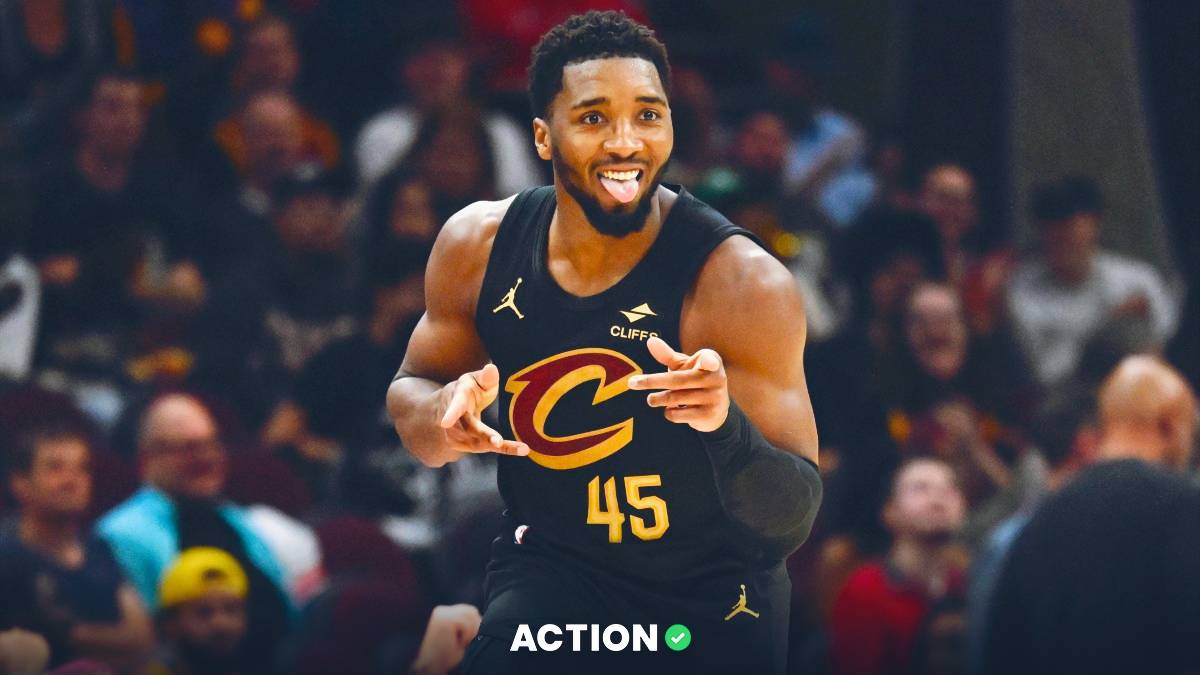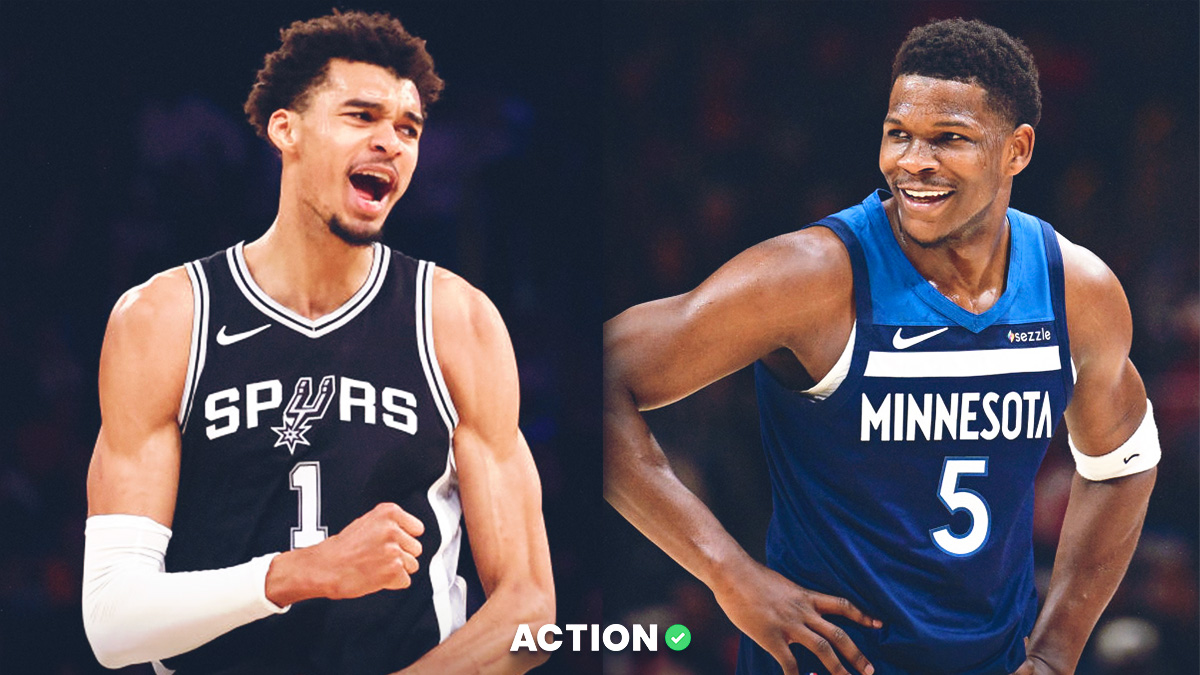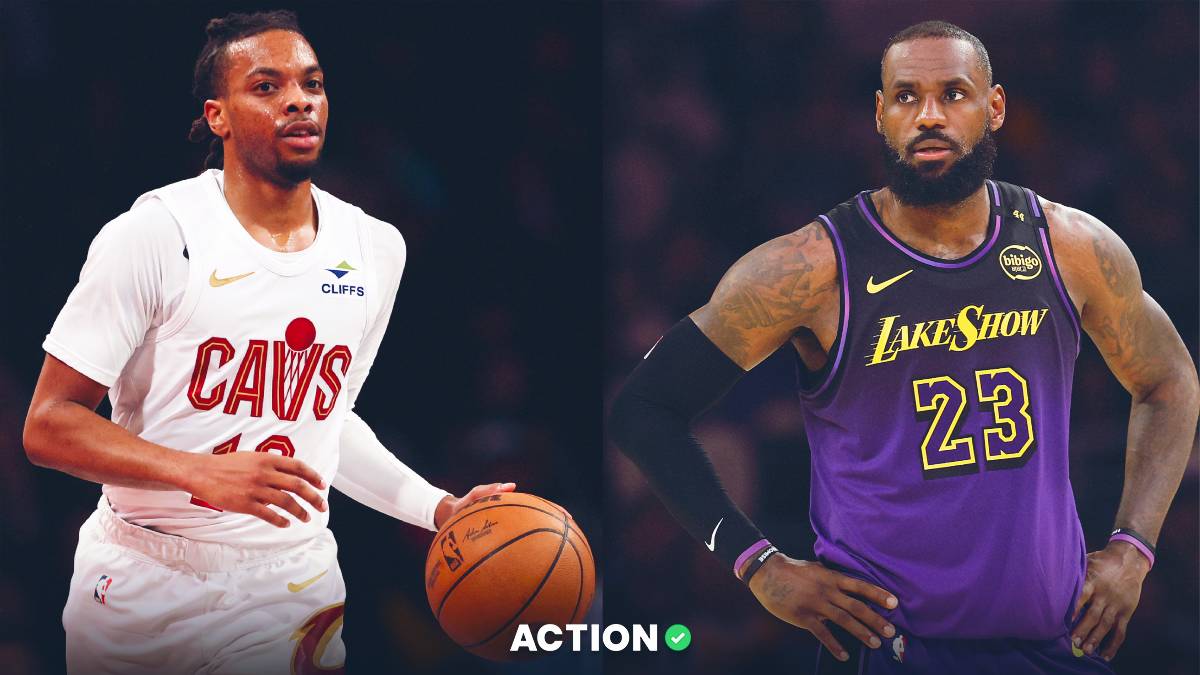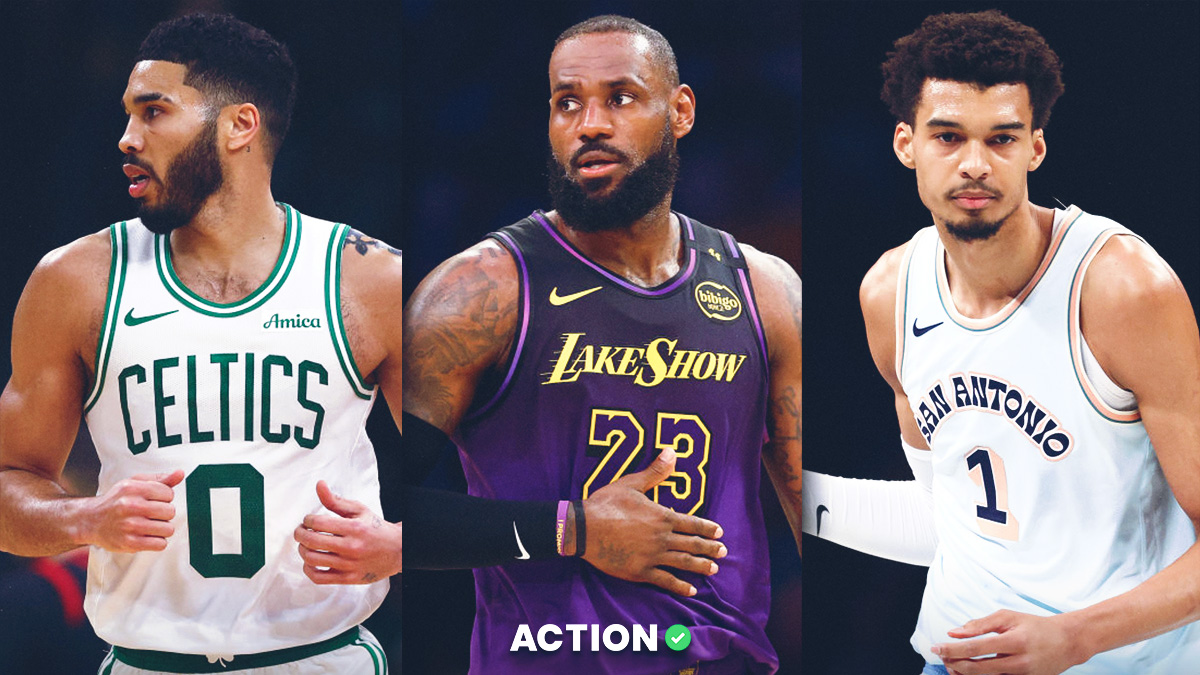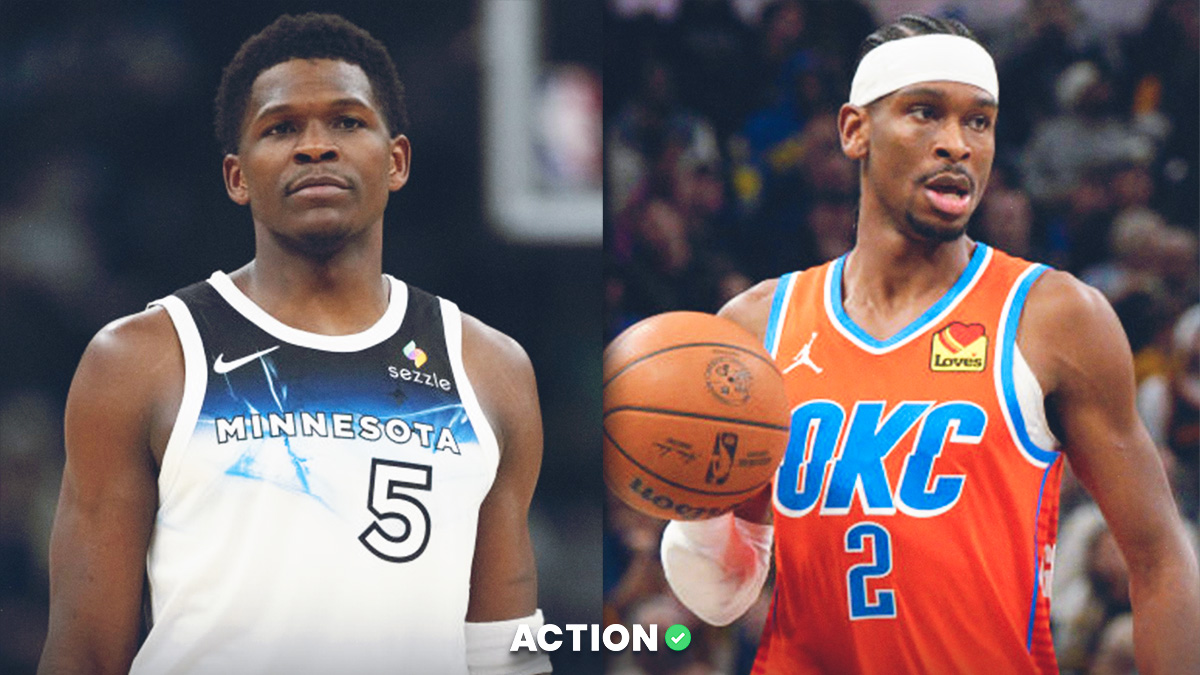The Big Bang theory is the popular explanation for the universe’s creation, which will remain undefinable for eternity. Under the ideological umbrella are solar systems, galaxies, planets and ultimately… life.
The world as we know it today did not just happen overnight; it took millions of years, and throughout time we have encountered different eras of evolution.
I don’t mean to go all scientology on you when trying to discuss basketball, but from outside the box looking in, the introduction of the shot clock acted as the NBA’s Big Bang. It spawned a new species of basketball, breeding haste, strategy and star power.
As the years pass, it’s futile to avoid taking notice of the progression the game generated by the league’s seminal moments.
From Bill Russell’s dynasty Celtics…

to the mysterious Wilt Chamberlain…

…to Oscar Robertson and the ABA.

The showtime Lakers…

…the Bad Boys…

…the Michael Jordan era…

…to the resurrection of fundamentals.

From the Big 3 era…

…to superteams…

…and now, we enter the age of duos.
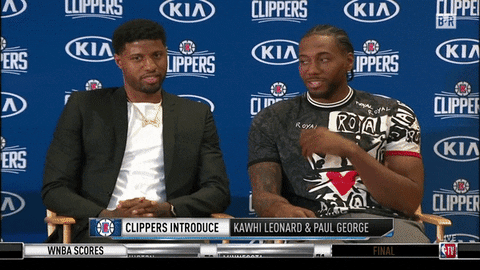
How did we get here?
Superteams were supposed to be the endgame — an infinity gauntlet consisting of the game's history:
- Big 3: Superteams assembled a roster consisting of three Hall-of-Famers in their prime.
- Crossing Enemy Lines: Superteams always acquired a star player from another franchise through either trade or free agency.
- Polarization: These rosters were always basketball villains. Rings mattered more than anything. There was a conscious decision to sacrifice personal glory for a championship.
- Rings: To be classified as such, they had to win the title.
As a consequence, there was no parity. To many, the NBA became almost too predictable, and if a fan base felt like their franchise didn't qualify as a superteam, then what was even the point?
But then the Toronto Raptors happened, proving the NBA's proletariat can win the championship within the realm of an empire — and no matter how 'super' the dynasty may be, it has an Achilles heel just like all the mortals beneath it.
The truth of the matter is that superteams aren’t something that just popped up out of nowhere and ruined professional basketball — they were the foundation of which the business of the NBA was built all the way back to the game's inception.
For what feels like our entire lives, we’ve heard from players that all they care about is winning championships. If that were actually true, MVPs would have been teaming up way before Kevin Durant decided to destroy the Jedi prophecy instead of fulfilling it.
But they didn’t, and not until the emergence of the original Big 3 teams did the mutation of stars sacrificing to join each other in free agency ever cross our minds as a possibility.
So if it’s not just about winning, then there has to be motivations of business, legacy and family that factor into these contractual decisions more than ever … right?
While these sentiments have always been true for the population of players not deemed as All-Stars, the age of duos is the first time we have seen this answered "yes" on a consensus, mainstream scale.
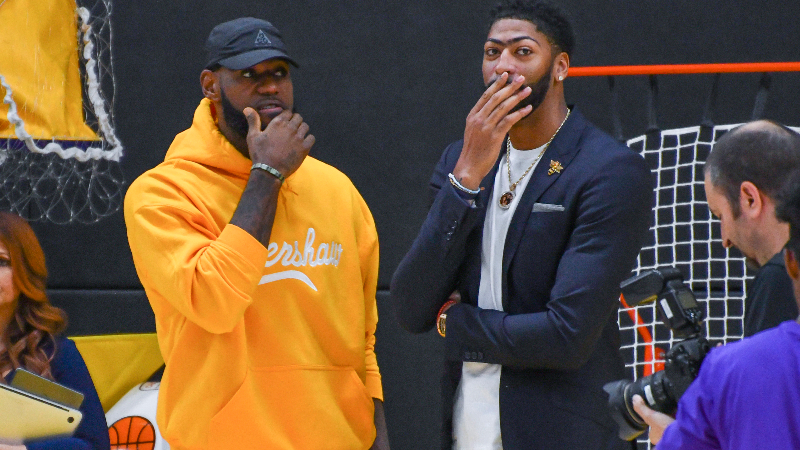
Kawhi Leonard and Paul George returning to southern California as rebels without a cause, LeBron James and Anthony Davis leveraging agency into a monopoly of global marketing power, Kevin Durant and Kyrie Irving looking for what is still lost and Russell Westbrook and James Harden going back to the future, searching for the fountain of youth to quench the thirst of unfinished business.
It feels like every decision is the beginning of its own anthology specific to the individuals involved, and that is the story of this offseason — that the transition to the duo age is the perfect encapsulation of all the eras before it, a cauldron of passed-down ingredients brewed into an irresistible recipe suitable for any player’s palate.
Duos are an alliance trying to win all aspects of the game, on and off the court. Ideals — prioritized.
This is why superteams went extinct. While their dominance was undeniable, this free agency proved rings just aren’t enough anymore to satisfy the league’s best players.
Due to the sheer quantity of stars involved working under a hard-salary-capped collective bargaining agreement, superteams will never have the same flexibility of financial, emotional and reward opportunity that duos currently offer.
This doesn’t mean superteams were a mistake, but it does prove the expiration date passed as soon as a balance in the force was created, like every age before it. As will duos, and every undiscovered era beyond.


